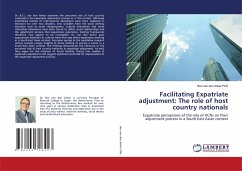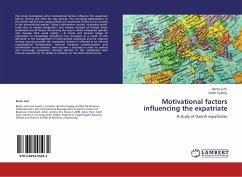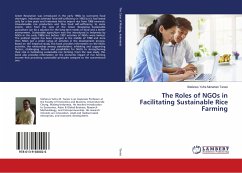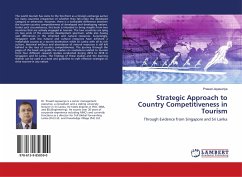Dr. B.J.L. van den Anker examines the perceived role of host country nationals in the expatriate adjustment process in a Thai context. Although established models of international adjustment have been validated in literature for over two decades, new variables from the social identity literature such as social categorization, cultural orientation and social citizenship behaviours have been found to affect social relationships and the adjustment process that expatriates experience. Existing frameworks therefore now appear to be incomplete. Dr. van den Anker pays appropriate attention to cultural traits that may affect expatriates working in a South-East Asian context. Interview quotes in the qualitative research section provide unique insights to those wishing to pursue a career in a South-East Asian context. The findings demonstrate the relevance of the perceived role of host country nationals in expatriate adjustment. As well, they argue for the inclusion of Social Identity Theory into models of expatriate adjustment and suggest significant potential for improvement of the expatriate adjustment process.
Bitte wählen Sie Ihr Anliegen aus.
Rechnungen
Retourenschein anfordern
Bestellstatus
Storno








